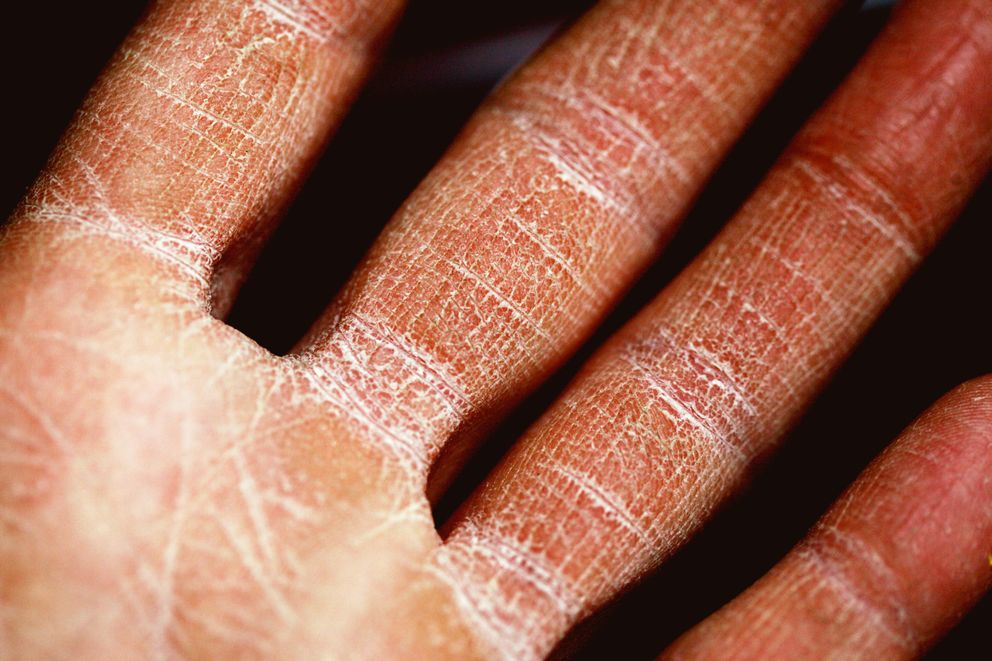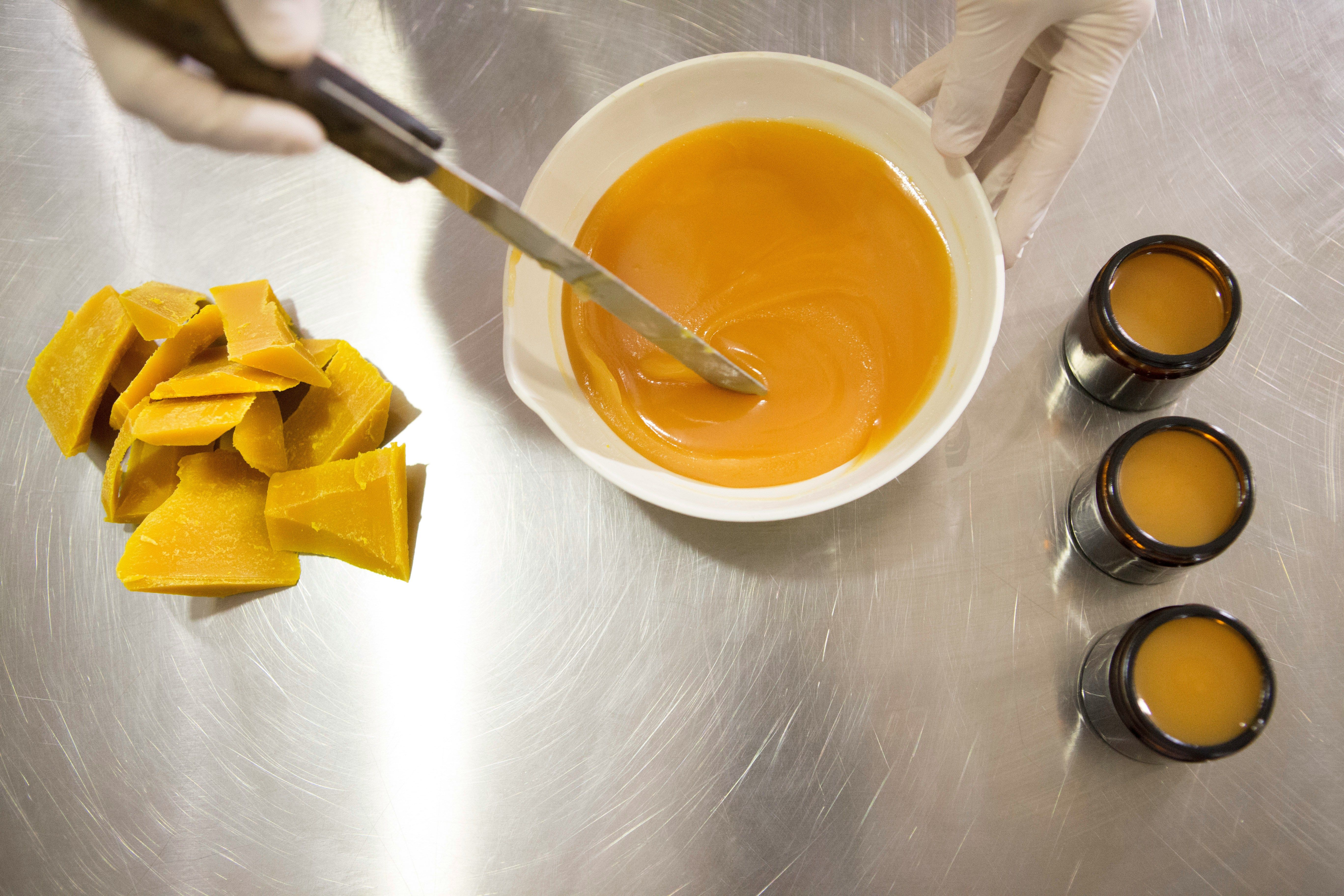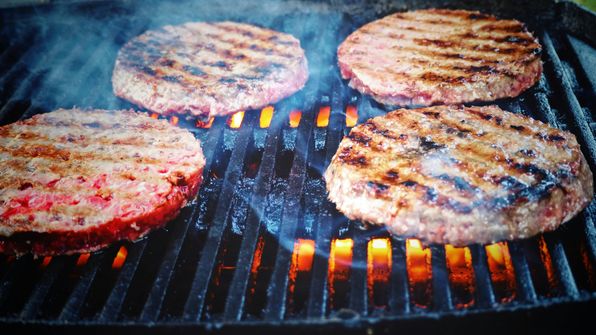
Social Success on the Carnivore Diet: Tips for Staying Committed at Gatherings and Restaurants
Social gatherings often mean a spread of carb-heavy foods and tempting desserts that can make sticking to the carnivore diet feel tricky. But with a b...

If you’ve been battling eczema, you know that it’s more than just a skin condition—it’s an ongoing challenge. But what if I told you that the path to smoother, healthier skin might just start in your kitchen? That’s right!
Let’s explore the best diets in 2024 that can help manage eczema and keep your skin glowing.

The Anti-Inflammatory Diet is all about incorporating foods that reduce inflammation in the body, which is a key factor in managing eczema. This diet emphasizes fresh fruits, vegetables, whole grains, lean proteins, and healthy fats.
Why It Works: Foods rich in omega-3 fatty acids, like salmon, chia seeds, and walnuts, have been shown to reduce inflammation and improve skin health. A study published in the Frontiers found that omega-3 fatty acids could help alleviate eczema symptoms by reducing inflammation levels in the skin.
Fun Fact: Did you know that spices like turmeric, ginger, and cinnamon are natural anti-inflammatories? Add them to your meals to spice up your life and soothe your skin!
Histamines are chemicals found in the body and in some foods that can trigger inflammatory responses, including eczema flare-ups. The Low-Histamine Diet focuses on avoiding high-histamine foods like aged cheeses, processed meats, and fermented products.
Why It Works: For some women, reducing histamine intake can significantly lessen eczema flare-ups. While the science is still evolving, many find relief by cutting out high-histamine foods. A study suggested that women who followed a low-histamine diet experienced fewer and less severe eczema episodes.
Quick Tip: Fresh meats and vegetables are lower in histamine than aged or processed foods. Opt for these to keep your skin calm and clear.
For those with a sensitivity to gluten, eliminating it from the diet can make a big difference in eczema symptoms. The Gluten-Free Diet excludes wheat, barley, rye, and any foods containing gluten.
Why It Works: While gluten doesn’t affect everyone with eczema, for those who are sensitive, it can trigger immune responses that worsen skin conditions. Studies have indicated that some women with eczema and gluten sensitivity see improvement when they avoid gluten.
Tasty Swap: Replace traditional wheat pasta with gluten-free options like quinoa or rice noodles to enjoy your favorite dishes without the flare-ups.

The Elimination Diet is a structured approach where you remove common allergens and triggers from your diet for a period of time, then slowly reintroduce them to see if any cause flare-ups. This diet often excludes dairy, gluten, soy, eggs, nuts, and shellfish at the start.
Why It Works: The Elimination Diet helps pinpoint specific foods that might be exacerbating your eczema. By identifying and removing these triggers, you can reduce inflammation and prevent future flare-ups. A study from the Journal of Allergy and Clinical Immunology found that women who used an elimination diet to identify food triggers had a 50% reduction in eczema symptoms.
How to Start: Begin by keeping a food diary and noting any reactions you have. After a few weeks, start reintroducing foods one at a time to see if any cause flare-ups.
Managing eczema isn’t just about creams and lotions; it’s about taking a holistic approach that includes what you eat. By following these diet tips, you can help keep your skin healthy and reduce flare-ups. Remember, every woman’s body is different, so it may take some experimentation to find out what works best for you. Here’s to a 2024 filled with delicious meals and smoother, happier skin!
Always consult with a healthcare provider before making significant changes to your diet, especially if you have food allergies or sensitivities. Here’s to eating well and feeling great!

Social gatherings often mean a spread of carb-heavy foods and tempting desserts that can make sticking to the carnivore diet feel tricky. But with a b...

The carnivore diet is often seen as straightforward: eat meat, keep it simple. But adapting it seasonally can bring freshness, variety, and local flav...

The carnivore diet has become increasingly popular, but like any extreme dietary approach, it raises important questions—especially for women concerne...

The carnivore diet has gained attention globally, but women’s experiences and cultural approaches to animal-based eating vary widely depending on wher...

Living with Chronic Obstructive Pulmonary Disease (COPD) can make everyday activities feel like a marathon, especially for women who are juggling heal...